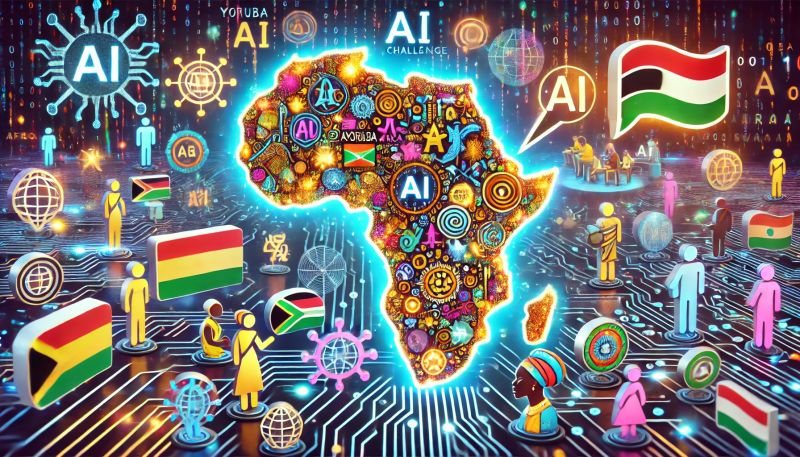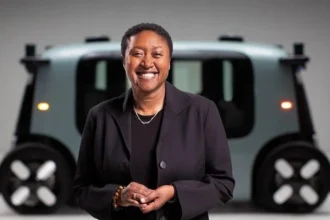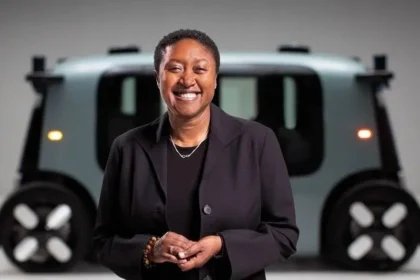At a Glance
- Mobile learning and EdTech apps are transforming smartphones into classrooms, making indigenous African languages more accessible to youth in underserved communities.
- AI-powered tools like NLP and voice recognition are preserving endangered African languages by creating digital corpora, dictionaries, and speech models.
- Social media and digital content creation in native tongues are driving cultural inclusion, boosting the relevance of African languages in everyday online spaces.
The digital era is sparking a transformative revival of African languages, a move that’s not just about preserving culture, but also about asserting identity in the global information economy.
With the rise of AI-driven tools, mobile-first learning apps, and social media content creation, Africa’s linguistic diversity is gaining a new stronghold online.
As digital penetration deepens across the continent, tech-savvy communities are leveraging modern platforms to sustain their linguistic heritage—ensuring African voices are not just heard, but understood.

EdTech and mobile learning unlock language accessibility
Africa’s booming EdTech sector is offering an alternative path to language learning. From mobile apps and YouTube-based language courses to digital textbooks and gamified lessons, tech-enabled solutions are bridging gaps for underserved communities.
According to Phillips Consulting, such digital platforms are especially vital for populations without reliable access to formal education, transforming smartphones into modern classrooms for native tongues like Yoruba, Zulu, and Amharic.
The shift is not only democratizing language access but also making learning more interactive, scalable, and youth-oriented—critical in a continent where over 60% of the population is under 25.
AI and tech innovations fuel language preservation
Artificial intelligence is taking center stage in preserving Africa’s linguistic heritage. Natural language processing (NLP), machine translation, and voice recognition tools are being customized to process African languages with unique structures and tonalities.
These tools are critical to building inclusive tech ecosystems and reducing the digital language divide.
Tech companies and academic institutions are partnering to build online dictionaries, audio archives, and digital corpora of indigenous languages.
With languages like N|uu and Igbo at risk of extinction, these digital resources ensure their grammar, lexicon, and oral traditions endure.
Content creation and community engagement lead the way
African creators are tapping into the power of social media, digital storytelling, and multimedia platforms to normalize the use of indigenous languages in entertainment and daily discourse.
From TikTok skits in Swahili to YouTube series in Hausa and mobile games in Xhosa, content creation is reinforcing language relevance.
Grassroots movements, policymakers, and technologists alike are recognizing the need for collaborative frameworks that center local communities in these initiatives.
Digital inclusion now means cultural inclusion—and ensuring Africa’s languages thrive online is key to building a truly representative global internet.















